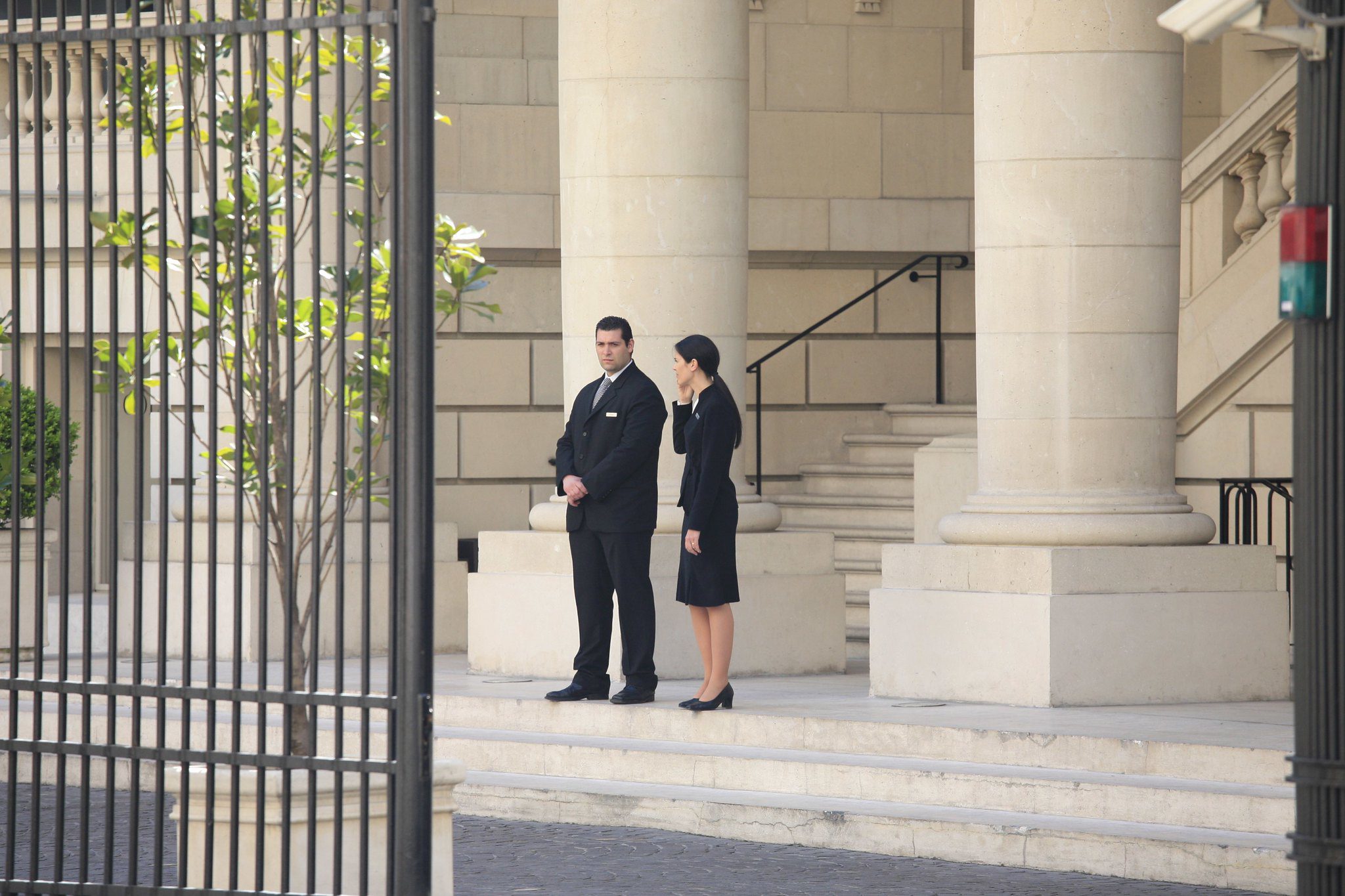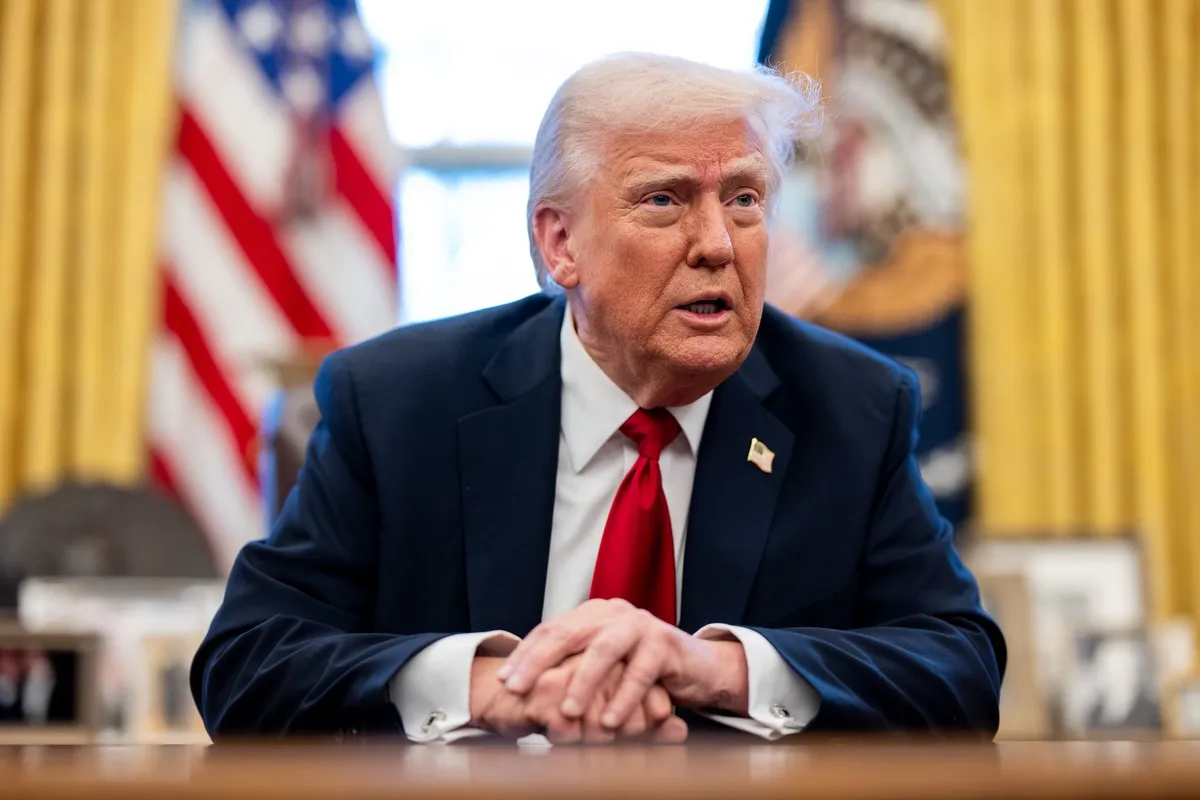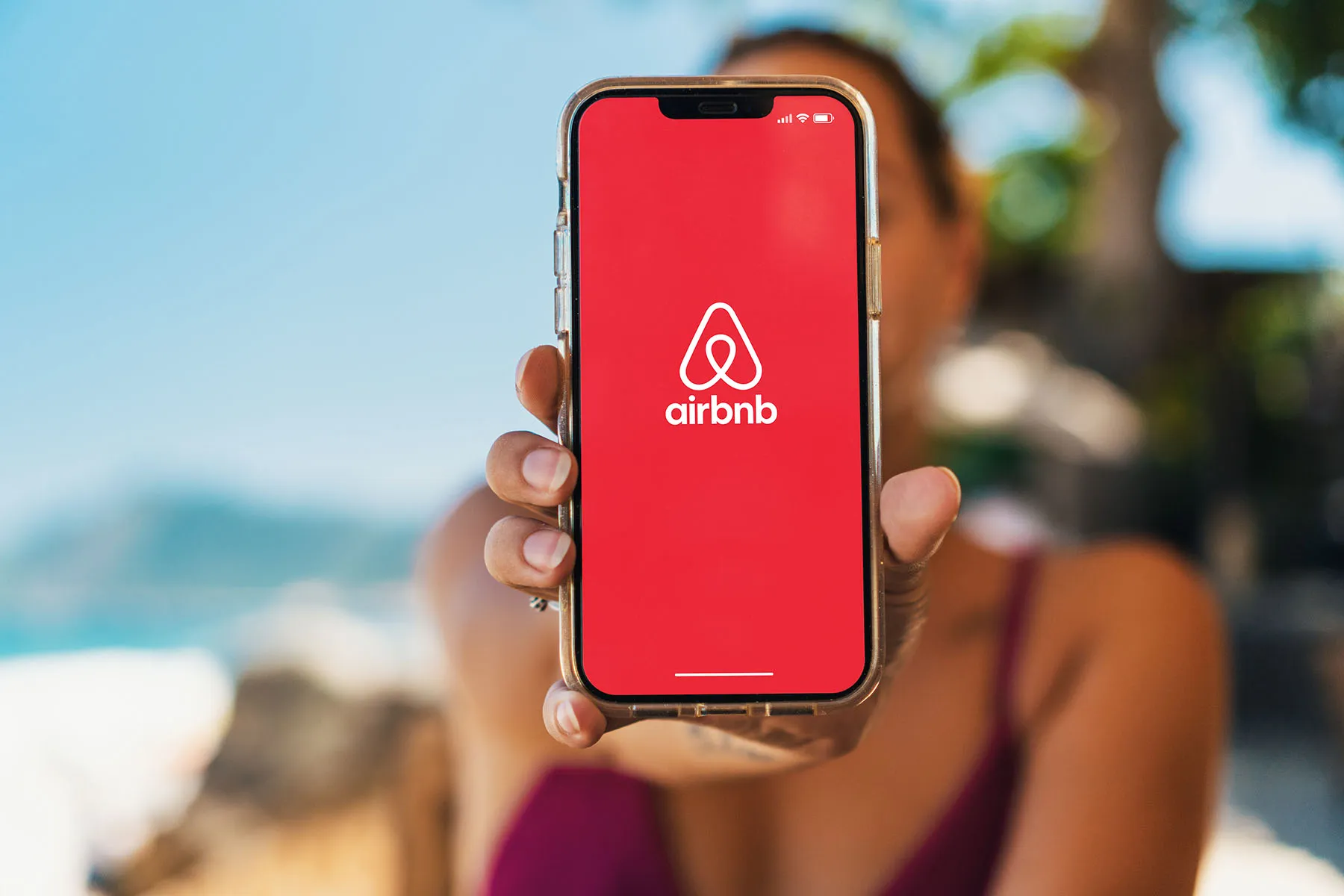Protecting Corporate Travelers at Hotels Beyond Covid Risks

Skift Take
After spending most of 2020 disinfecting, scrubbing and cleaning, hotels are now being urged to show their security credentials are just as spotless.
Company travel managers say they’re more likely to do business with properties that can help them comply with a new global risk benchmarking standard, which will be the first of its kind for corporate travel when published in the summer. It also stands to help them fend off potential litigation.
ISO 31030 Risk Management — Managing Travel Risks is being developed by the International Organization for Standardization, a worldwide federation of 82 national standards bodies.
The upcoming release comes as the hospitality industry is warned that it is suffering from "Covid myopia" — where all other threats are given less priority in favor of Covid-19, according to International SOS. The pandemic is apparently preventing a holistic approach to health and security risk management.
The risk level to the global workforce has also reached its highest since 2016, in part, due to a rise protest movements and terrorist attacks across Europe. “Security issues have been exacerbated by the pandemic, particularly in relation to civil unrest and political protest,” said Mick Sharp, group director security services at the health and security services firm.
Meanwhile, ISOS' Risk Outlook 2021 found 60 percent of risk professionals believe the risks faced by business travelers in 2021 will increase on 2020 levels, based on its survey of 1,400 people across 99 countries.
Cover All Bases
The ISO standard widens the scope beyond coronavirus-busting protocols, and calls on travel managers to consider all aspects of travel as part of their duty of care responsibility. And as well as hotels it includes the airlines and ground transportation companies they use.
One assessor, Global Secure Accreditation, audited the Strand Palace Hotel, in London, in the summer of 2019 and its safety and security accreditation report reflects the range of requirements the ISO standard will address, according to Nick Hawkins, its commercial director.
While health risks and medical support at a hotel should still be looked at, an assessment would consider the location of the hotel; crime rates and incidents in the local area; the threat from terrorism; and how staff have been trained to tackle security threats or emergencies.
There's also the journey and transport modes to and from the hotel; national, regional and local risk assessments; staff training and briefings, monitoring, support and communication; and the management’s leadership. Other hazards like food safety and potential for natural disasters are also likely to be in scope.
“Having a comfortable environment and good food is one thing, but if a threat emerges I’d like to know the staff know what to do,” said Hawkins, adding the Strand Palace Hotel's sales director has used the audit as a marketing tool to help win new business.
As well as marketing potential, GSA — which is helping to draft the standard — believes aligning with the ISO benchmark helps hotels save time in the long term.
"I’ve lost count of how many hotel general managers have explained all of the security visits they’ve had to host during the course of a year for corporate clients," said GSA founder Bob Quick, a former head of counter terrorism in the UK who sits on the ISO's working group. "That’s time consuming, expensive and disruptive for them, while a good, credible accreditation will satisfy 99.9 percent of all of those clients."
Eyes Open For The Next Threat
As well as civil unrest and terrorism, risks can include staff competency. In 2019, a business traveler settled out of court, following an attack in 2014, with the companies that owned and managed a hotel in Iowa, in the U.S. She had been sexually assaulted when a man got access to her room, after obtaining a key to her room from the front desk without having to verify his identity.
Safety and security can still be a “dirty word” for some hotels, according to Hawkins, as their culture is to talk about the quality of the service.
“Unless brands have direct control of what happens locally, it’s up to local management,” he said. “Hotels will often tell their corporate clients what they want to hear. They are keen to win the business and so naturally they will put the best gloss on their answers and it becomes a tick box or mark your own homework exercise. There’s no evidence or independent assurance involved.”
GSA has talked to 150 travel managers over the past 18 months during a series of webinars to help draft the standard. Based on feedback, Hawkins said hotels could fail to win business from those companies that adopt the new standard within their travel program. Some travel managers have already highlighted they'd like to see the upcoming ISO benchmark in their 2021 hotel requests for proposals, he added.
And 2021 will be a competitive year for hotels with fewer business travelers on the road; hotels could use the standard to reassure corporations their employees will be in safe hands. However, the cost factor could deter them from aligning to ISO 31030, as it requires them to commission annual independent assessments or provide independent evidence.
Hotels are already spending millions on new protocols with hygiene the focus — the bill could even reach $9 billion annually. Despite this, some of the measures have been criticized as “hygiene theater” to win over guest confidence.
Those brands that already invested in their own standards could dismiss this as more bureaucracy, or another scheme in an already crowded marketplace. In December last year, digital health company Sharecare, along with Forbes Travel Guide, unveiled plans to become the hotel industry’s go-to cleaning verification program. The program will use a third-party system to evaluate and confirm an individual hotel’s cleaning.
Independent Voices
It's this type of third-party verification the new ISO standard will encourage once it is published. It's also what travel managers appear to be calling for, with on-site inspections more appealing than self-assessments.
"There won’t be these self certifications, there’ll be an international standard against which we want to ensure those hotels or airlines are abiding with," said Duncan Edwards, global head of demand and supply at multinational car dealership Inchcape.
"When tenders are conducted in the future, the questions you’re asking, and the weighting, will clearly change. Maybe the duty of care services will be further at the top of the list, because it’s imperative the company ensures its travelers are going to be safe. The huge benefit of this is going to be restoring confidence in corporate travel," Edwards added, speaking at a recent webinar, hosted by corporate travel agency Blue Cube Travel. “It’s a welcome edition."
On paper, the certification makes sense. But the standard is classified as guidance, not compulsory, so hotels are under no obligation to follow it.
There’s also that price tag. Assessors can charge thousands of dollars for inspections, which would be required annually under the standard. Those costs would quickly mount for a larger international brand going down this route. After a difficult year, many hotel owners might not be willing to play along and invest in annual independent assessments.
"The challenge in the hospitality industry is very few hotels or franchisees for that matter are paying and going through the process to get physically certified," said Steve Peterman, market management lead, North America, at RoomIt by CWT. "One thing is many health and safety providers are not well known or, to rephrase, understood by consumers, or carry the same brand equity or trust many travelers already have with their favorite hotels. Who do you trust?"
A global standard also needs to live up to its name. Can such an ambitious benchmark work without the backing of bigger brands?
Hawkins admits the conversations GSA has had with some of the bigger brands haven’t gone that far. “However, things will need to change as most branded hotels are not owned by the brand. We have repeatedly encountered hotels that failed the brand’s security inspections, yet they still carry the brand name. It’s the corporates and the travelers who will demand proof of standards, as when things go wrong, travel managers will probably want to be able to point to their adherence to ISO 31030 as a defence to potential litigation.”
Roomit's Peterman agrees, saying that within the hotel industry, change begins with the votes in corporate buyer dollars and bookings — and then the industry reacts. "Progressive corporate buyers and hoteliers will be the ones to push for enhanced measures. Near term, corporate buyers will likely pay more in price in support of improved assurances, progressive hotels will gain in rate with those few, and all has to reach a demand tipping point for wholesale change," he said.
Another piece of the puzzle will be how to reward those hotels that do the extra work to align with ISO 31030 — beyond them winning a slice of extra corporate travel business.
“What’s really important are technology suppliers, and the online booking tools recognizing these new ways,” said Bex Deadman, managing director of Blue Cube Travel, at the webinar. “We’re already talking to those technology providers. Because people may not actually care if you’ve got a swimming pool or a gym in the future, but they might care if you’ve got an independent (security) accreditation.”




